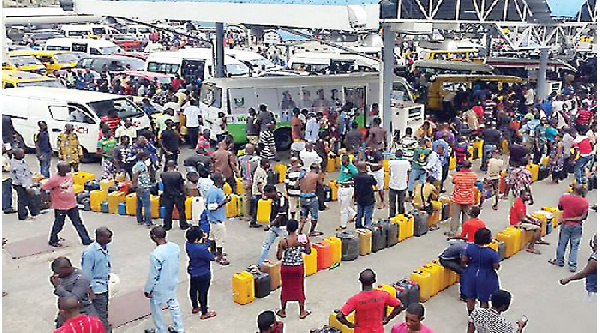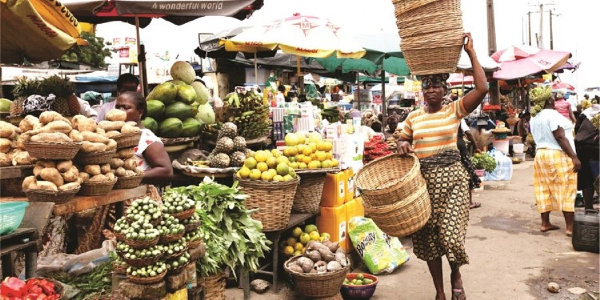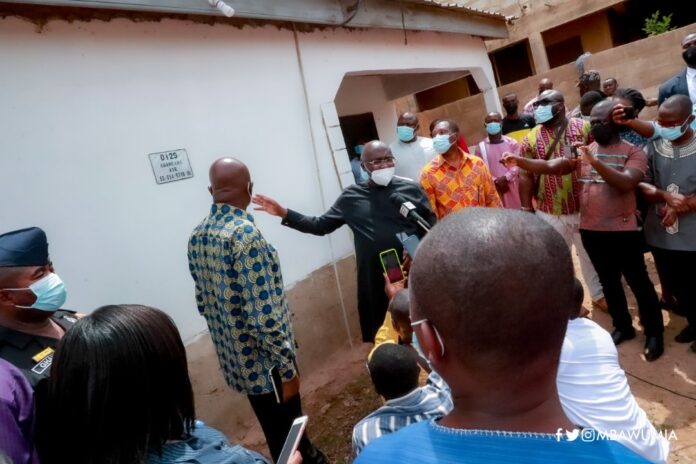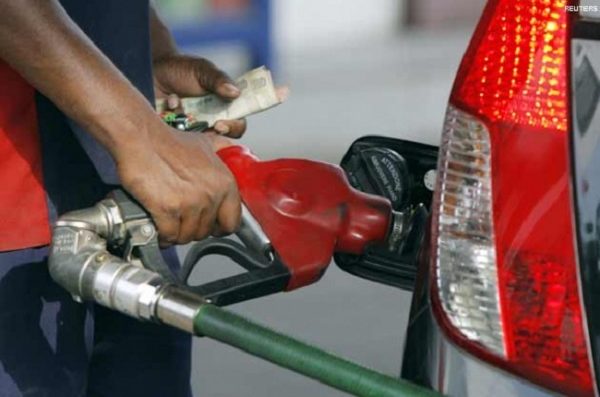Ghanaian exporters face high import duties in Britain
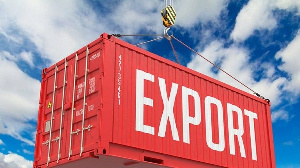
Ghanaian exporters are in impending danger of being slapped with high import tariffs by Britain as the country is just weeks ago from a no-deal Brexit.
While Ghana is part of a preferential trade terms deal involving the Economic Community of West African States (ECOWAS) and the European Union, Britain’s imminent exit from the European single market means that it will not be covered under the Economic Partnership Agreement between the two regions.
Expectedly, Britain can announce a rollover of the terms on which Ghanaian exporters have accessed the British market during the transition period but Liz Truss, the United Kingdom’s Trade Secretary is playing the negotiations close to the wire.
A failure to agree a rollover would allow Ghana to impose similarly high tariffs on imports from Britain too although it is still uncertain whether the Government of Ghana would welcome the resultant effects on domestic inflation.
Kenya, which like Ghana is a former colony of Britain and has preferential trade terms with it is equally affected by the unfolding drama. Ghana relies heavily on the UK for a wide range of imported consumer products and industrial goods and the imposition of non-preferential tariffs would have significant effects on local prices.
But more importantly, higher tariffs on Ghanaian exports could make them price uncompetitive at a time the country direly needs to increase its export revenues in the face of its narrowing trade surplus
Interestingly though both Ghana and Kenya are getting support from Britain’s political opposition.
The Labour party has urged the UK trade secretary, to end delays over rollover deals with Kenya and Ghana to prevent them being slapped with high tariffs when the UK leaves the EU on 1 January.
Negotiations with Kenya and Ghana have yet to be signed off with only nine weeks to go before the UK’s transition deal with the EU comes to an end, when import charges would be imposed on goods worth £2.6bn from the African countries.
Labour officials fear Truss is trying to rive a hard bargain with individual countries that depend on foreign income from sales of bananas, cocoa and flowers to the UK to make up for deals that largely favour foreign imports.
Shadow trade minister Gareth Thomas said in a letter to Truss that he was concerned that the department’s attention had switched from talks with the East African Community (EAC) trade bloc to bilateral deals with individual countries.
He said that the failure to sign deals with Kenya and Ghana had left them unable to plan for next year and, worse, the current proposals left them facing duties on exports to the UK.
“The terms of the continuity agreements you have been proposing would lead to new barriers to trade between both Ghana and her neighbours in the Economic Community of West African States [ECOWAS] and similarly would adversely affect trade between Kenya and other developing countries in the EAC.
Source: Goldstreet Business

